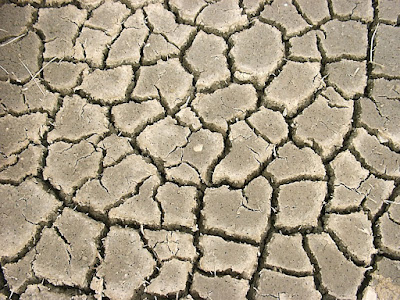This blog may help people explore some of the 'hidden' issues involved in certain media treatments of environmental and scientific issues. Using personal digital images, it's also intended to emphasise seasonal (and other) changes in natural history of the Swansea (South Wales) area. The material should help participants in field-based modules and people generally interested in the natural world. The views are wholly those of the author.
Monday, 18 November 2024
It's a Dead Parrot!
Scientists (what do they know?) are generally agreed. Most think the Paris Accord of limiting global heating to 1.5 degrees Centigrade above pre-Industrial values is 'deader than a doornail'. 2024 is almost certain to be the first individual year above this threshold. The planet is on track for an elevation of 2.7 degrees Centigrade, with dramatic climate repercussions (https://www.theguardian.com/environment/2024/nov/18/climate-crisis-world-temperature-target). We've known about the climate impact of anthropogenic (human generated) 'greenhouse gas' emissions for decades. Our rulers and shakers have simply been too slow to act. Some folk have (and still are) dialling-up the emissions for greater 'profits'. Folk need to be reminded of the following a) 1.5 degrees C was merely a 'guesstimate' in Paris for a 'safe' increase; b) 'tipping points' might mean there already can be no return to previous climate conditions; c) if a return to 'traditional' climates is possible, there will be a long, long time lag before any emissions reductions take effect; d) most countries haven't/ can't put mitigations in place for dealing with the likely climate change and e) the higher the global average temperature goes, the worse the consequences. 1.5 degrees C seems to be like Monty Python's Norwegian Blue. Let's hope 2.7 doesn't go the same way!
Subscribe to:
Post Comments (Atom)
-
I n the UK and US, a pparently popular and successful vegan/vegetarian restaurants are reportedly closing or adding meat to their menus ( ...
-
Early ripening fruit may seem convenient but some folk think it confirms environmental stress. There's also a possibility th...


%20mating%20NWCW.jpg)


No comments:
Post a Comment